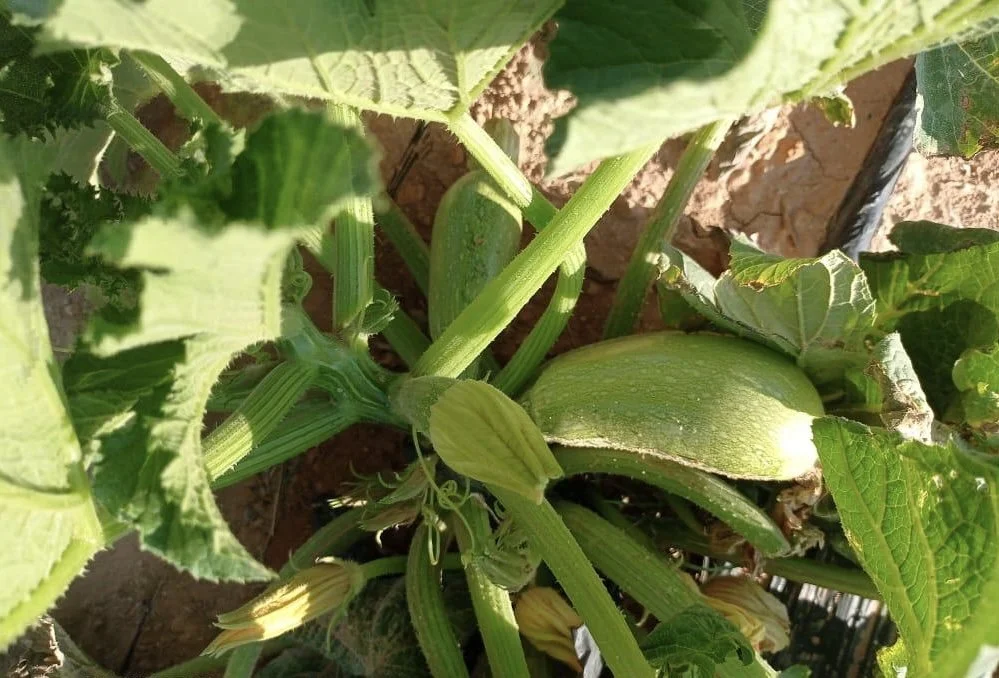FARMING
During the course of the war, many of the main farming areas where essential staple foods were grown were taken by armed groups involved with the fighting. The country’s capability to grow and produce food needed by the population has been significantly reduced.
Recently, Syria has relied on expensive foreign imports for some of the essential staple foods. This has put the Syrian people in a very vulnerable position, which is becoming increasingly precarious with the proliferation of adverse geopolitical events and increasing global food prices. Food prices in Syria have skyrocketed over the last years and these prices show no signs of abating. Affordable, subsidised bread is now heavily rationed, while bread sold by private bakeries is very expensive.
Our team have started farming projects producing essential foods of high nutritional value, needed to support the food needs of the communities we are working with in Syria. The farms have wells, solar powered irrigation systems, and we are building our farming infrastructure using sustainable building techniques. Our goal is for all of our farming projects to be based on traditional farming methods, harvesting by hand and using livestock to carry out much of the farm labour.
We are focusing on a variety of crops that will feed some of the poorest and support our projects in a sustainable way for the long term.
We look to employ as many sustainable farming techniques as possible, to save costs, increase yields and employment opportunities, as well as to care for the environment by eliminating dependence on fossil fuels and expensive modern machinery.
Irrigating and fertilising cabbages being grown to serve the poor, orphans and widows.


